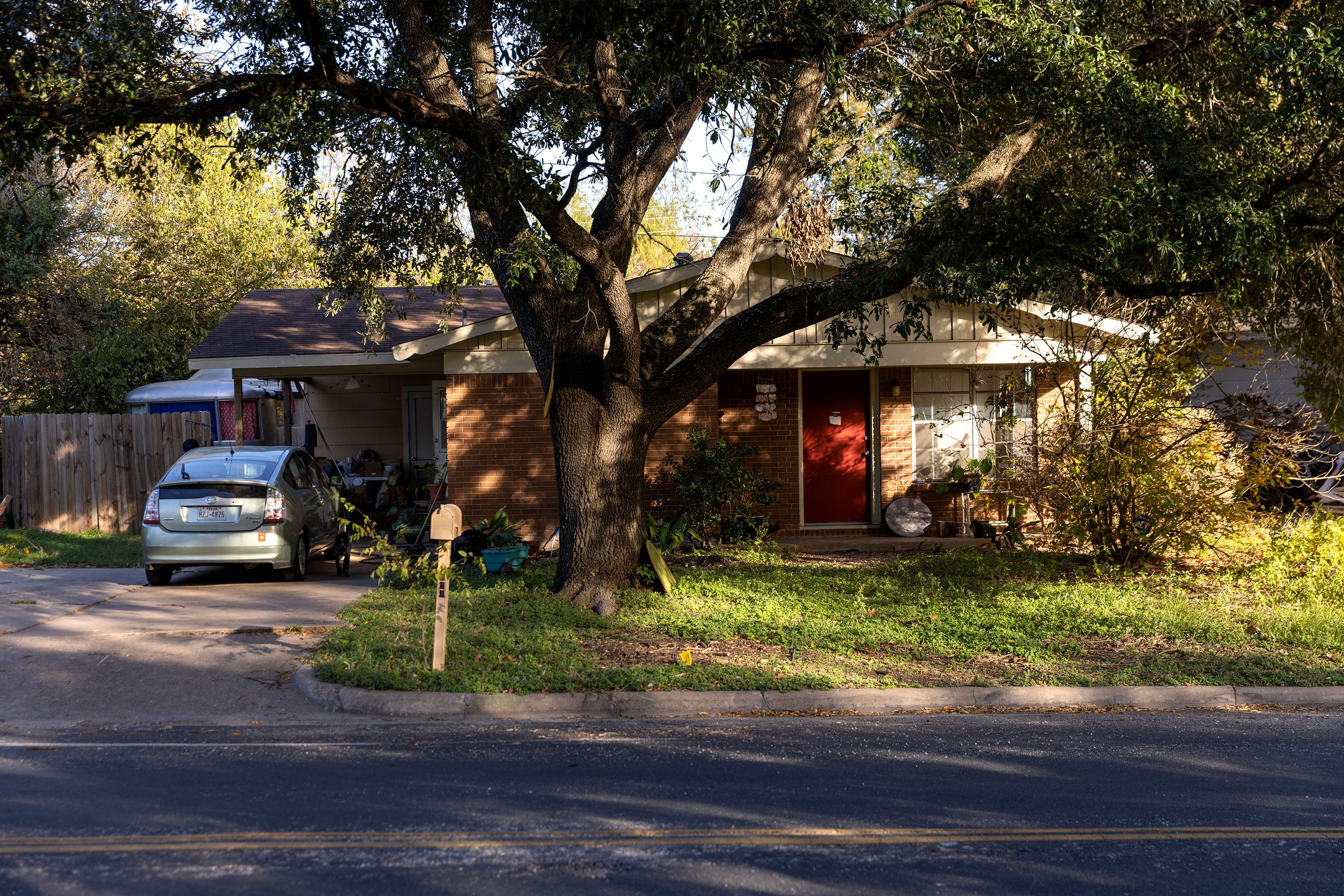
Legislation passed this month would raise the state’s homestead exemption to $100,000, lower schools’ tax rates and put an appraisal cap on residential and commercial properties, among other measures. But voters must approve a constitutional amendment first.
July 28, 2023 Updated: Aug. 7, 2023
Sign up for The Brief, The Texas Tribune’s daily newsletter that keeps readers up to speed on the most essential Texas news.
A $12.7 billion package of property tax cuts goes before voters later this year, promising to deliver savings to millions of property owners in Texas suffering from skyrocketing tax bills.
Gov. Greg Abbott signed the legislation creating the cuts last weekend, officially closing months of negotiations among the state’s top Republicans. But before they can go into effect, Texas voters will first have to decide in a constitutional election on Nov. 7 whether to allow the state to spend billions in taxpayer money — mainly collected from Texans during the past two years — to pay for the massive cuts. If approved, an outcome that seems likely given voters’ support of tax cuts in the past, the changes would be applied for the 2023 tax bills due in January.
Here’s what you need to know to make your decision.
Earlier this month, during the second special session of the 88th Legislature, lawmakers passed three bills to spend $13.3 billion of a historic state surplus to rein in Texas property taxes, which are among the highest in the nation. The extra cash in the state coffers was attributed largely to record sales tax collections — which every person pays when making purchases in Texas — when inflation soared nationally after the pandemic. Added to $5.3 billion budgeted in 2019 to lower school tax rates, a total of $18.6 billion in tax cuts would go to property owners this year.
Senate Bill 2, at a cost of $12.7 billion, details the proposed property tax cuts, while Senate Bill 3, which costs about $600 million, adds cuts to the franchise taxes some businesses have to pay. Both were authored by state Sen. Paul Bettencourt, a Houston Republican.
These measures will not appear on the ballot. House Joint Resolution 2, by state Rep. Will Metcalf, R-Conroe, is the constitutional amendment that will go before voters in November and would authorize the state to enact the cuts in those two bills.
Proponents of the package wanted a constitutional amendment so that any changes that lawmakers might want to make to certain parts of the bill in the future would have to be approved by voters first. The amendment is also needed so that the cost of all of the tax cuts this year won’t count against spending limits imposed by voters and lawmakers on the $321.3 billion state budget for the next two years.